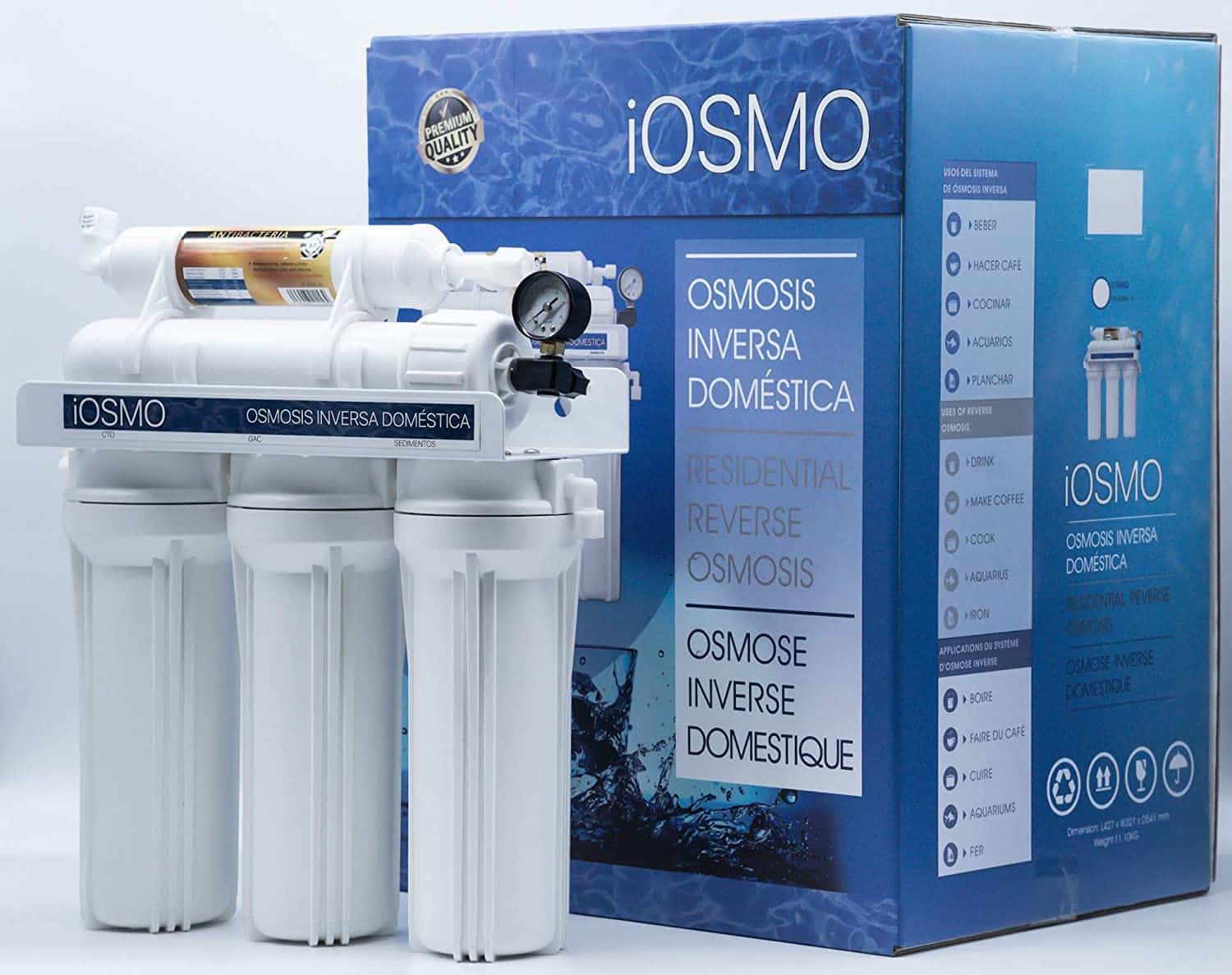
Los mejores aparatos de Osmosis de 2021
Abstract. Electro-osmosis is a powerful technique, as a means of dewatering soils of high compressibility and moisture content. Electro-osmosis is an established technique and has been investigated by many researchers as long as a century ago. The treatment factors that contribute to the effectiveness of electro-osmotic consolidation are type.

ProSeries 7 Stage Complete Reverse Osmosis System
The design method of electroosmosis-vacuum preloading for soft foundation treatment is not systematic and complete, thereby restricting the application of the technology in engineering. A design method for the electroosmosis-vacuum preloading treatment of sand-interlayered soft foundation is therefore presented. A compressible electrical prefabricated vertical drain is developed, and a vacuum.

Osmosis inversa 6 etapas con bomba y manometro ROMOON Amazon.es Hogar
Electro-osmosis. In chemistry, electro-osmotic flow ( EOF, hyphen optional; synonymous with electro-osmosis or electro-endosmosis) is the motion of liquid induced by an applied potential across a porous material, capillary tube, membrane, microchannel, or any other fluid conduit. Because electro- osmotic velocities are independent of conduit.
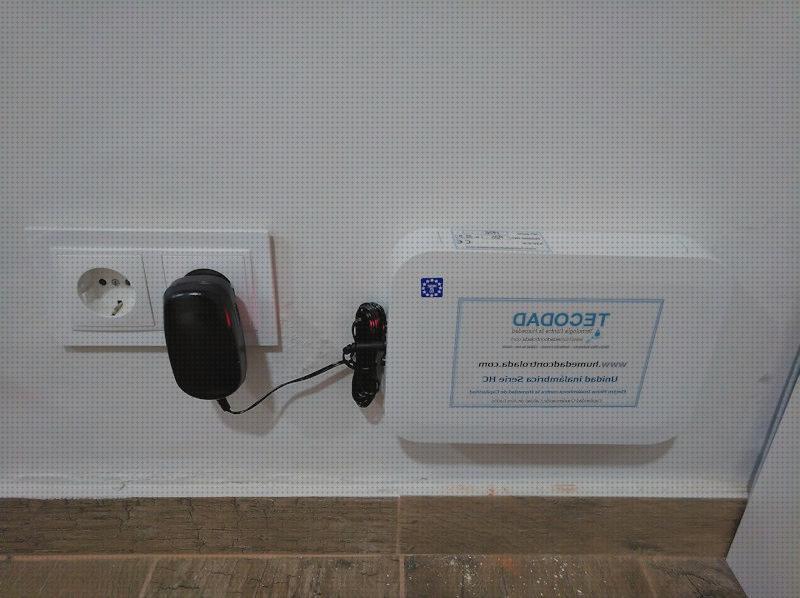
Electroosmosis Inalambrica
834 Electrophoresis2021,42,834-868 Amer Alizadeh1 Wei-Lun Hsu1 Moran Wang2 Hirofumi Daiguji1 1DepartmentofMechanical Engineering,TheUniversityof Tokyo,Tokyo,Japan 2DepartmentofEngineering Mechanics,Tsinghua University,Beijing,P.R.China

ᐉ 19 Mejores KIT DE OSMOSIS ([mes] 2023) Ordenado por precio
Electro osmosis; Electroendosmosis; Electroosmosis; Electroosmotic flow; Electro-osmotic flow; EOF. Electro-osmosis is the movement of liquid in response to an applied electric field across a conduit such as a membrane, capillary tube, microchannel, or porous material.. The application of an external electric field near a solid/liquid interface may result in the motion of liquid with respect.

Sistema electroósmosis inalámbrica precio
The electroosmosis testing device was built by milling vertical wells into two pieces of polyethylene terephthalate (PET) (Fig. 1D). Access points were drilled into the side of the two PET blocks, each with a recessed ledge to hold an O-ring. pnc-Si membranes were placed between viton O-rings at the two access points and the devices were sealed using screws with wing nuts.
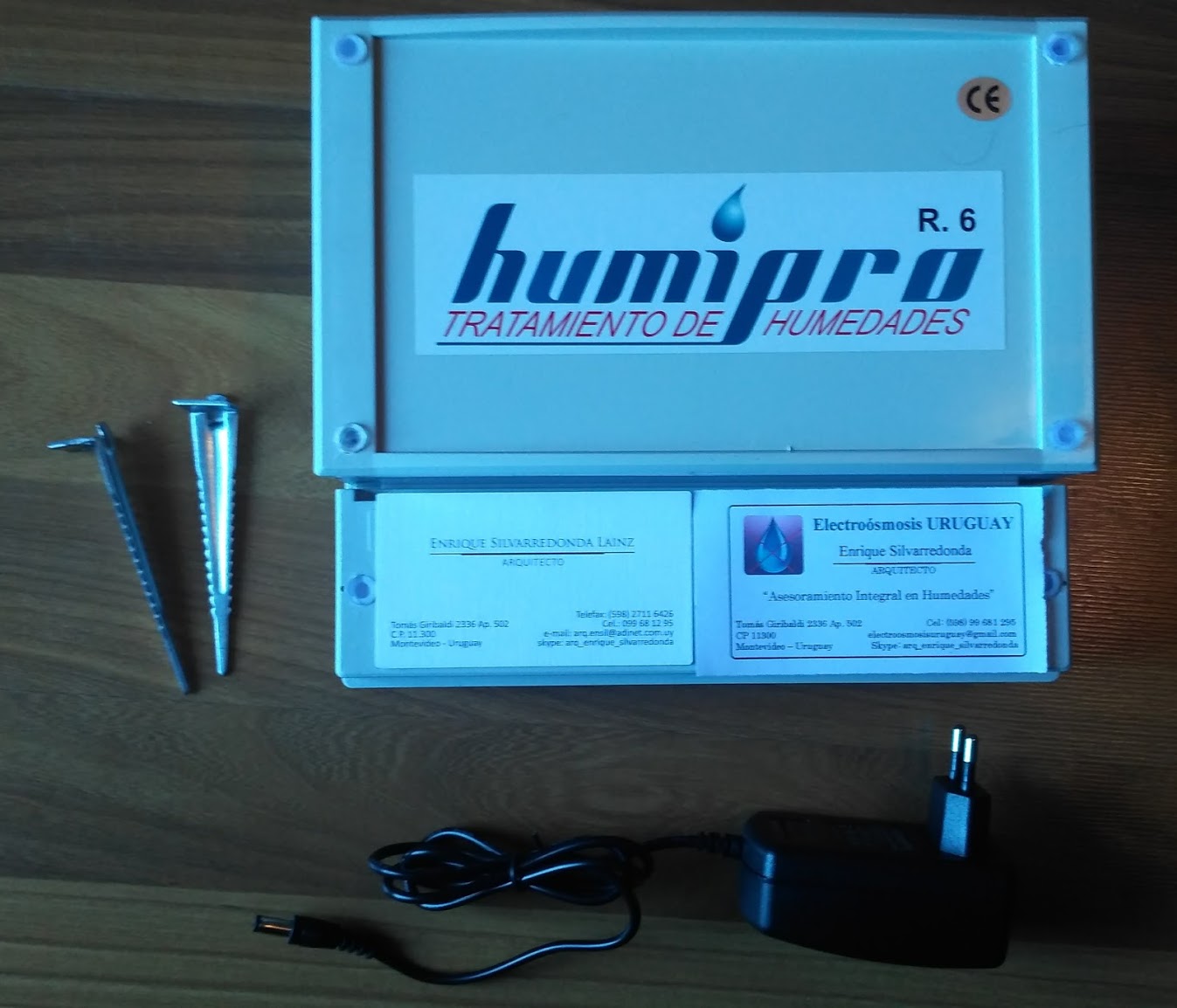
Electroósmosis
Electroosmosis is a fascinating effect where liquid motion is induced by an applied electric field. Counter ions accumulate in the vicinity of charged surfaces, triggering a coupling between liquid mass transport and external electric field. In nanofluidic technologies, where surfaces play an exacerbated role, electroosmosis is thus of primary.
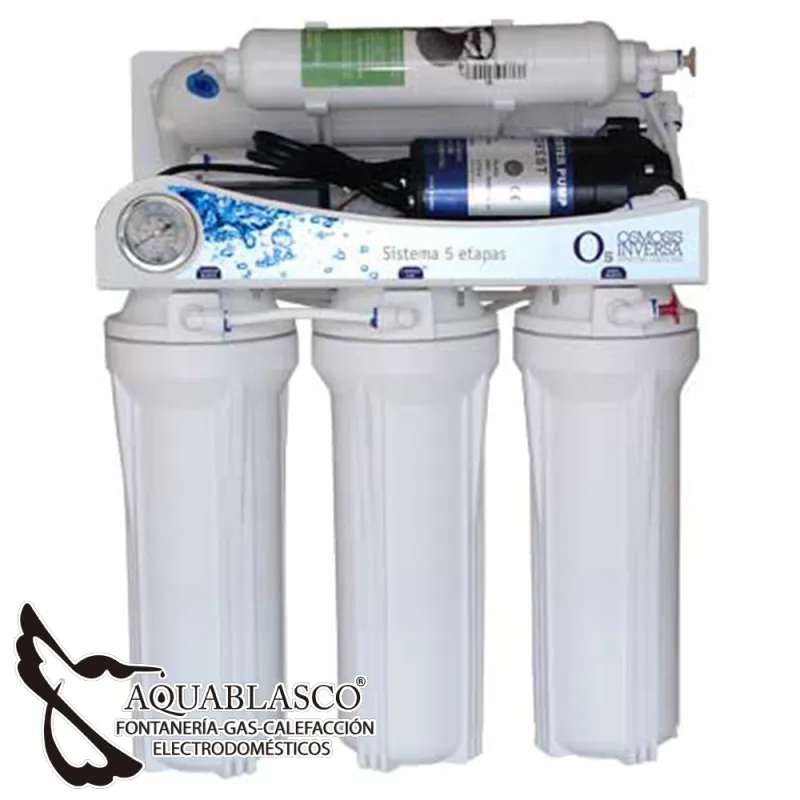
Ósmosis domestica con bomba 5 etapas 50 gpd Aquablasco.
Electroosmotic flow is the bulk liquid motion that results when an externally applied electric field interacts with the net surplus of charged ions in the diffuse part of an electrical double layer. The term electroosmotic flow and electroosmosis are generally used interchangeably in the context of micro- and nanofluidics.

Electroósmosis Inalámbrica Tratamiento de la Humedad
Transdermal delivery has emerged as a preferred method of drug delivery. Here, the authors report on the application of porous polymer microneedles coupled with electroosmosis powered by enzymatic.

Electroósmosis InalámbricaElectroósmosis Activa/Electroósmosis Pasiva
Electroosmosis is a fundamental electrokinetic effect involving movement of the bulk solution against a charged solid surface under the influence of an electric field. In the case of CE, the capillary inner wall usually carries negative charges due to the deprotonation of silanol groups. For the part of the liquid adjacent to the capillary wall, build-up of cations takes place to.

Osmosis precios. Sistemas de osmosis inversa domésticos. YouTube
Electroosmosis is an electrokinetic phenomenon where the bulk fluid moves relative to a charged surface due to an external electric field. The chemical equilibrium between a solid surface (such as a membrane) and a fluid containing charged species typically leads to the interface acquiring a net fixed electrical charge (most often negative for membranes), characterized by the zeta potential.
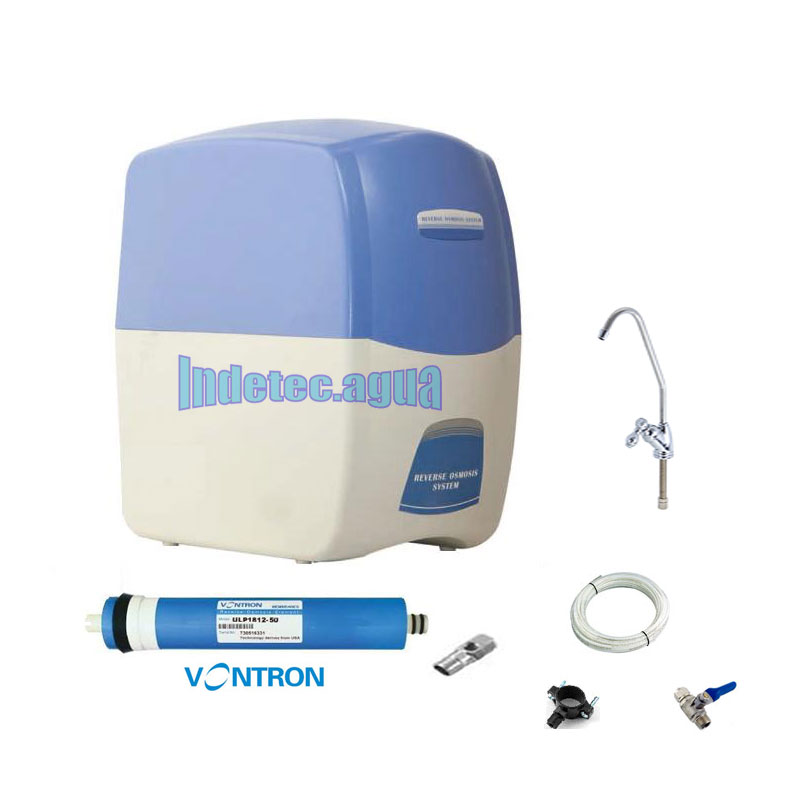
Equipo de ósmosis compacto para el hogar, prácticamente sin instalación
What is Electroosmosis? According to the chemistry web dictionary at www.chemicool.com, the definition of electroosmosis is "the process by which charged particles will tend to migrate toward a less charged area.". Electroosmosis is typically discussed with regard to its influence on the flow characteristics of charged analytes in capillary.
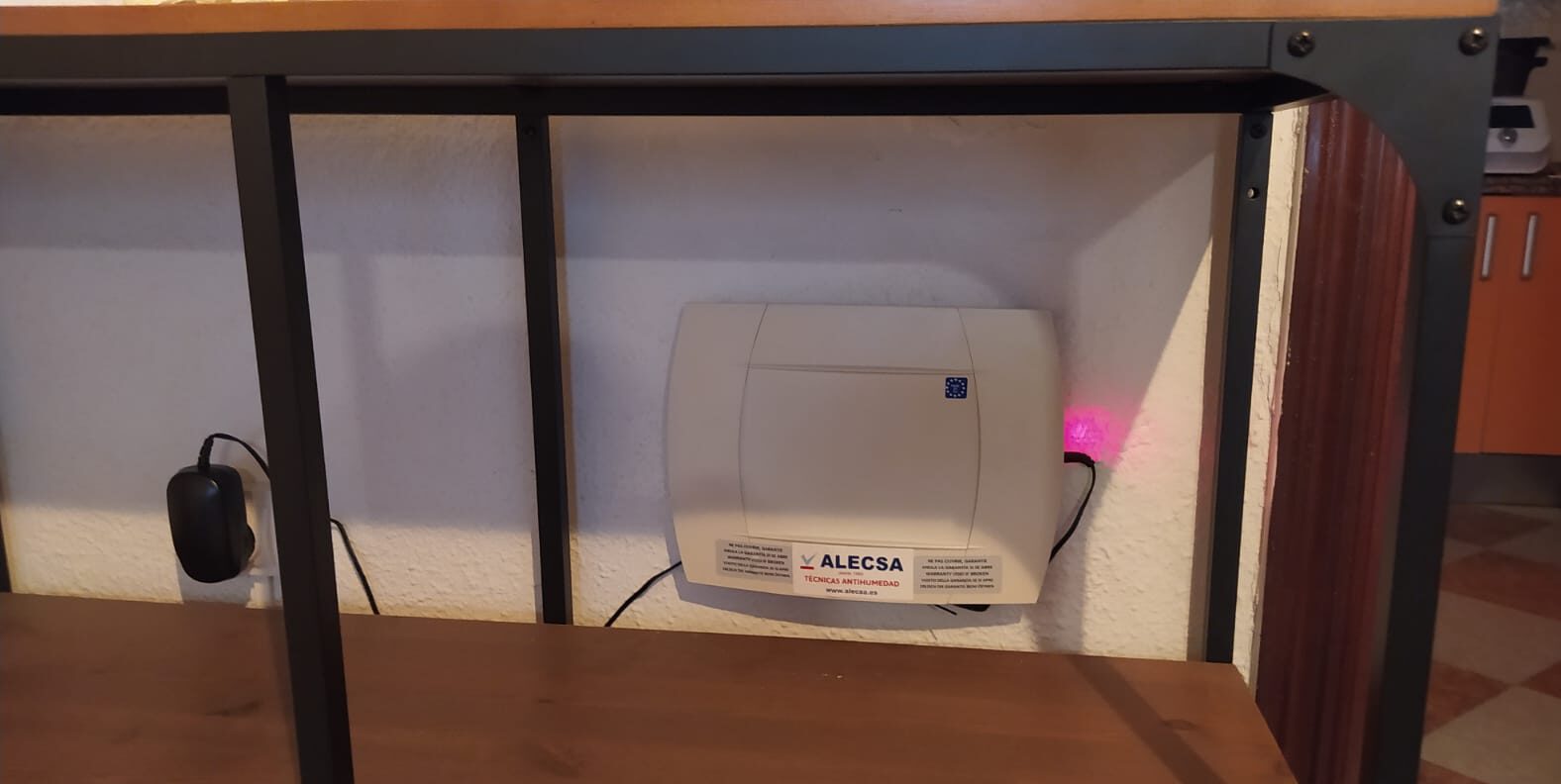
ELECTROOSMOSIS INALÁMBRICA Alecsa Tratamiento de Humedades
Electroosmosis is the convective solvent flow resulting from the application of an electric field across a solution next to a charged surface. For electroosmosis across a charged porous membrane, the fixed charges on a pore wall in the charged membrane lead to an excess of counterions in the solution adjacent to the surface of the pore (to maintain charge neutrality).

¿Cuánto cuesta un equipo de ósmosis inversa? Precios y gastos 2023
Electroosmosis is a phenomenon describing water molecules being dragged along as solvation shell by the protons, which are conducted from anode to cathode. The electroosmotic coefficient Cdrag corresponds to the water molecules, transported by a single proton (see Eq. 3.9 ), (3.9) C drag = j drag F i.

Equipo de Ósmosis inversa industrial 10000 litros/hora OI5280
Electroosmotic flow (or electro-osmotic flow, often abbreviated EOF; synonymous with electroosmosis or electroendosmosis) is the motion of liquid induced by an applied potential across a porous material, capillary tube, membrane, microchannel, or any other fluid conduit. Because electroosmotic velocities are independent of conduit size, as long as the electrical double layer is much smaller.
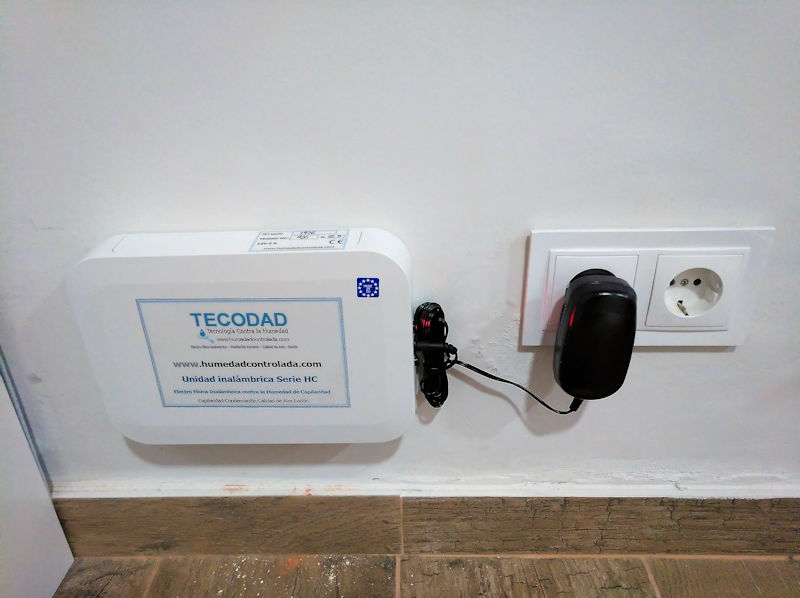
electroósmosis inalámbrica o electro física inalámbrica contra la humedad
Electroosmosis requires charged solid surfaces to generate electroosmotic flow (EOF). Most surfaces spontaneously acquire a finite charge density when in contact with an aqueous solution. For example, a silica surface contacted with an aqueous solution becomes charged due to the deprotonation of the silanol groups on the surface. The charged.